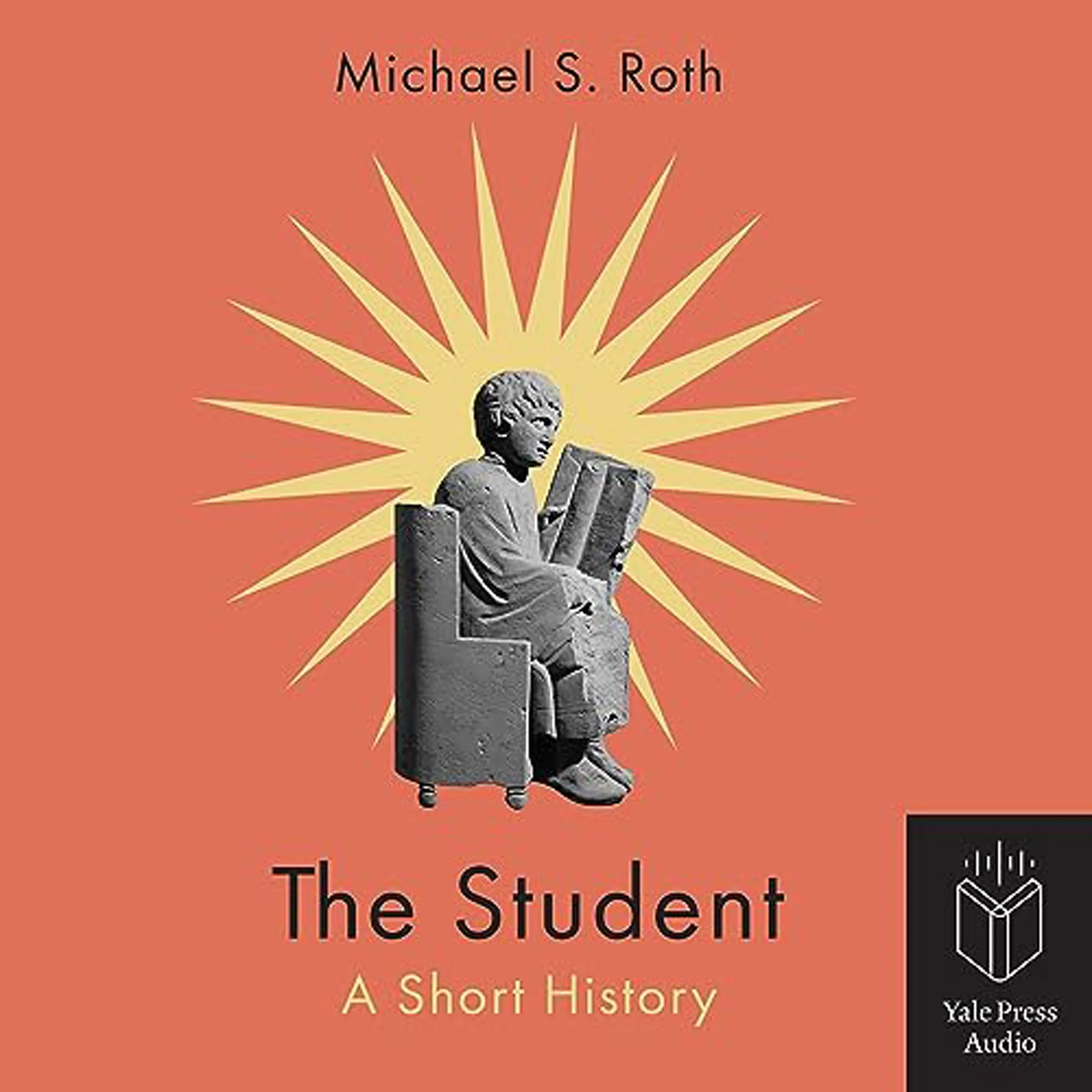How has travel contributed to the ecological degradation of the planet? - Highlights - MICHAEL CRONIN
/Author of Eco-Travel: Journeying in the Age of the Anthropocene
Snr. Researcher · Trinity Centre for Literary & Cultural Translation
The idea of a kind of inert world that is simply there for our pleasure, enjoyment, and exploitation has proved to be catastrophically mistaken because we see it with flooding, we see it with forest fires. We see it with acidification of the oceans. We see it with the continuing rise in temperatures that the world itself, the more-than-human world is fighting back. It has taken on its own agency. And therefore, the idea of a pyramid, a hierarchy, is no longer operative.





















